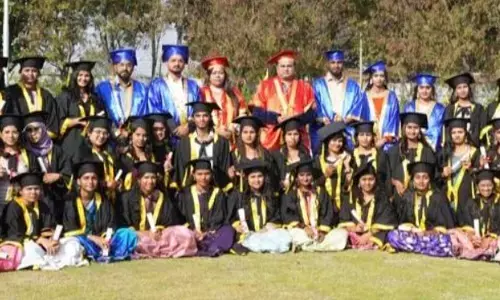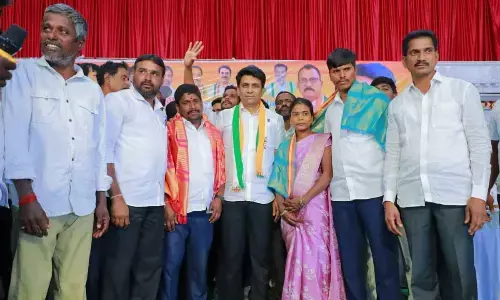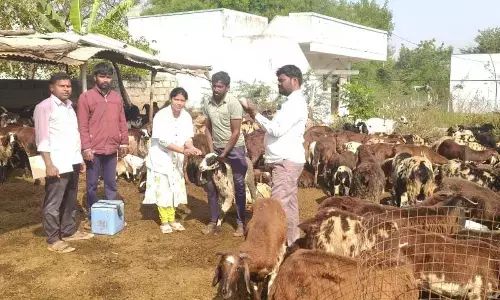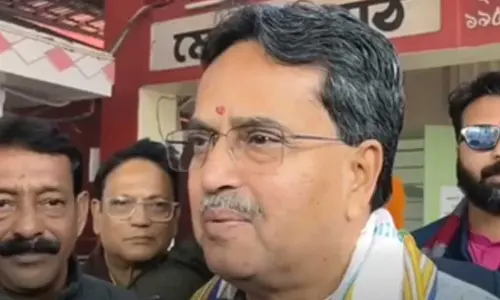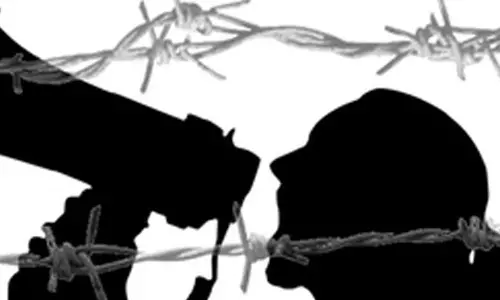'Role of women freedom fighters needs to be made more enduring'
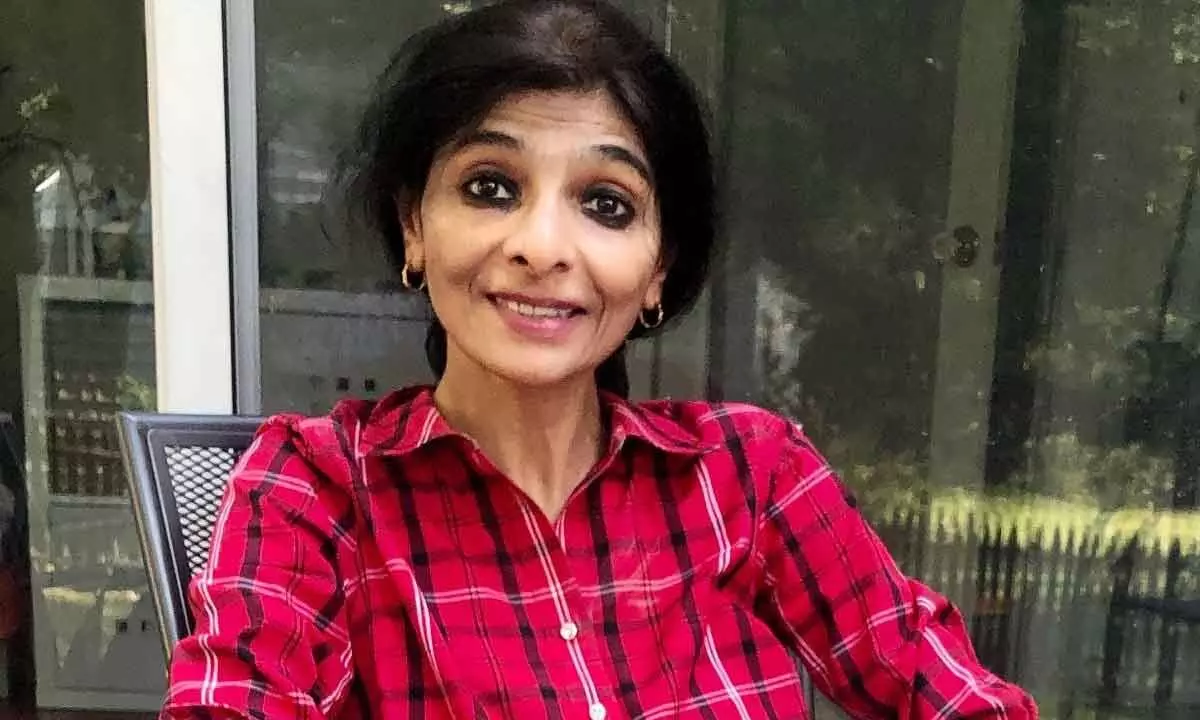
Anu Kumar
While the role of women in the freedom struggle has been "highlighted to a very large extent" of late, a lot more needs to be done to "make their stories more enduring" as tokenism in the name of issuing commemorative stamps or naming programmes in their memory "may not be enough", says multi-dimensional author Anu Kumar in a new book that vividly recreates the lives of 35 women who relentlessly fought for India's Independence.
While the role of women in the freedom struggle has been "highlighted to a very large extent" of late, a lot more needs to be done to "make their stories more enduring" as tokenism in the name of issuing commemorative stamps or naming programmes in their memory "may not be enough", says multi-dimensional author Anu Kumar in a new book that vividly recreates the lives of 35 women who relentlessly fought for India's Independence.
"I'd think in recent decades their role has been highlighted to a very large extent. Historians of gender, social scientists have brought to light stories of heroism on the part of women from varied regions of India," Kumar told in an interview of her book, "Her Name Was Freedom - 35 Fearless Women Who Fought For Indian Independence" (Hachette), adding: "Sometimes though just issuing stamps and naming a programme in their memory may not be enough."
"As for permanency, maybe there should be more of them in school textbooks; and more books about them, certainly - their stories added (not substituted) to the wider struggle by many others. And maybe films, podcasts, series on them too. Everything that's possible to make their stories enduring, really.
"If more women's stories were highlighted, maybe this world would be a peaceful, kinder place, I daresay," Kumar elaborated.
Thus, it was not surprising that she "jumped at the offer" when her Hatchette editor, Vatsala Kaul-Banerjee, with whom she's worked for a long time, asked her if she'd "like to work on something like this".
"It was simply too exciting, I knew I'd love doing the research that it involved, to bring alive the period of our freedom struggle, to bring to life these women who were involved in it as much as the men, and who somehow, or in some cases, were seen as secondary to the movement," Kumar explained.
A considerable amount of research went into the writing of the book.
"I looked up primary accounts: the memoirs written by the likes of Kamaladevi Chattopadhyay, Durgabai Deshmukh, Qudsia Rasul, Kalpana Dutta, Vijaya Lakshmi Pandit, and others, for these evoke that period and time most vividly, and other accounts by their peers, such as Yusuf Meherally writing about Aruna Asaf Ali, for example, some newspaper accounts of the time, and then later secondary accounts, work by historians and writers," Kumar said.
Is there a common strain running through the women featured in the book that explains what motivated them to stand up and be counted?
"There was this realization for all these amazing women that political freedom could not come without emancipation on all fronts -- the upliftment of women, the marginalized sections. Freedom didn't just mean end of British rule, but an end to oppressive social customs, including caste inequities as well," Kumar said.
Thus, in this book, the reader will come across a brave queen of Avadh who led her kingdom during an uprising, a 73-year-old freedom fighter who stood her ground against British soldiers, a fearless teen hero from Nagaland who defended the rights of her community, and many more.
Bravely setting out from their homes, these homemakers and princesses, politicians and poets, doctors and artists, and lawyers and educationists marched in protest, starved on hunger strikes, rallied supporters, went to jail and led from the front. From Sarojini Naidu to Matangini Hazra, from Aruna Asaf Ali to Rani Gaidinliu, from Muthulakshmi Reddi to Hansa Mehta, and from Annie Mascarene to Vijaya Lakshmi Pandit, they showed amazing courage in breaking their shackles and facing grave challenges to liberate the country.
Given that besides writing for children, Kumar also writes historical fiction for older readers and that she has immersed herself in history for most of her life, having studied the subject in college and later at university, this explains the wide swathe of time the profiles cover
"It's been a journey of varied writing experiences, and I am still learning. I was in the editorial section of the Economic and Political Weekly, my first novel ('Letters for Paul') came in 2006, and my first book for younger readers, 'Atisa and the Seven Wonders' appeared in 2008. So all these varied writing experiences have helped me learn, and I still like this journey I am on," Kumar elaborated.
When Anu was questioned how does she strike a balance between writing for children and writing historical fiction for older readers, she said, "Most of my writing for younger readers has involved history, actually. And I feel it's been useful, helping them imbibe a historical sense, i.e., to see things in context of that time, rather than with hindsight. We'd be a lot kinder to each other then. As for balance: both kinds of writing involve rigorous research. I might say writing for younger readers is somewhat challenging for one has to explain complexities or crunch too much in too little but I think younger readers come with greater acceptance and perceptiveness too. I like the opportunities I've got really; I hope I am accepted too for all that I write."








